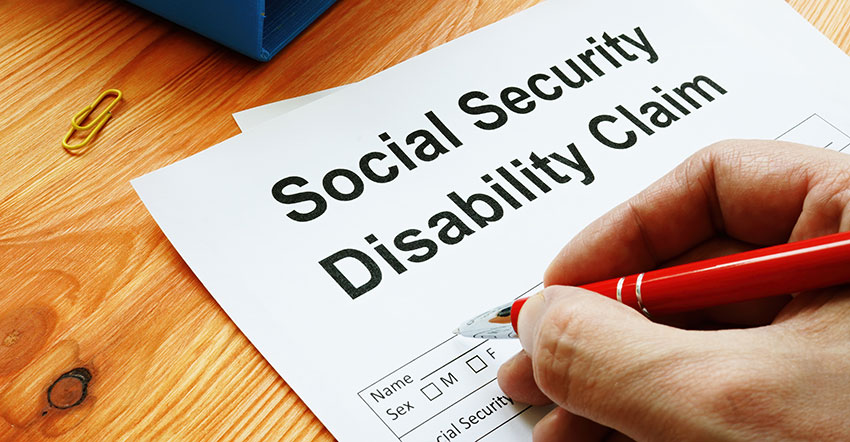We all have bills and responsibilities, and not being able to earn can be really stressful. That’s where disability insurance comes in. Think of it like a backup plan or a safety net for your wallet. It gives you some money when life’s unexpected twists make working tough. This article will break down what this insurance is, why it’s important, and the difference between plans that last a short time versus those that help you longer. Dive in to understand how you can make sure your finances are safe even when life gets a bit bumpy!
Quick Overview of Disability Insurance
There are a lot of different types of insurance. One type that often gets overlooked is disability insurance! The reason that people tend to overlook this option depends on the person, but a lot of people avoid it for reasons like:
- They don’t think they need it
- They don’t think it can help what they’re dealing with
However, it’s important to be realistic. For example, for those who don’t think they will need it, this statistic may be eye opening. The 20 year olds of today have a 1 in 4 chance of a disability before they reach the age of retirement!
The Importance of Disability Insurance
If you get hurt or sick and can’t work, it can be tough to pay bills. Losing that paycheck is hard. That’s when disability insurance helps. It allows you the ability to get some money to make up for what you’re not earning. Even if we don’t expect to get sick or hurt, having this insurance means we’re prepared just in case. We all have different risks based on our lifestyle and occupation. But remember this – disability isn’t always caused by accidents alone. Illnesses like cancer and heart disease also play their role!
Type Matters: Short-Term vs Long-Term
If you’re scratching your head about short-term versus long-term coverage – let’s break it down real quick:
- Short-term: Covers disabilities lasting a few weeks to several months.
- Long-term: Covers disabilities that go beyond a few months, typically kicking in after short-term coverage ends.
What to Know About Short-Term Disability Insurance
Short-term disability has a pretty straightforward name. It focuses on helping those with a disability that is expected to last short-term. Some people might only need it for a few weeks, while others could use it for up to 90 days, which is the usual maximum time it covers. The money you get depends on your plan! Now, about the money you receive—this isn’t extra cash for fun. It’s to help you pay your bills when you can’t work because you’re hurt or sick for a short time.
What to Know About Long-Term Disability Insurance
If you get sick or hurt and can’t work for a long time, long-term disability insurance can really help with money. Usually, it starts helping after about 3 months. On average, people use it for almost 3 years. But remember, it won’t pay your full salary, usually only about 50% to 80% of it.
Comparing Long-Term and Short-Term Disability Insurance
If you’re choosing between long-term and short-term disability insurance, think about how long you might need money for. Long-term insurance starts after 3 months and can last for years, like a marathon runner. Short-term insurance is quick but only lasts up to 3 months, like a sprinter.
Different disability insurances cover you for different times and give you different amounts of money. Long-term plans usually give you about 50% to 80% of your salary, while short-term plans can give closer to 40% to 70%. It’s also important to keep in mind how much premiums are! Premiums for short term disability insurance are generally higher than those for long-term policies.
FAQs in Relation to Long Term vs Short Term Disability Insurance
Why do people choose long term disability insurance?
Long-term disability insurance is chosen because it offers income protection for disabilities that last over 90 days. This helps protect one’s financial future.
Should I have both short and long term disability insurance?
If you can swing it financially, having both types of coverage gives you the most complete safety net against unexpected illnesses or injuries.
Is pregnancy considered a long term or short term disability?
Pregnancy is usually covered under short-term disability since the typical recovery period after childbirth falls within 90 days.
Conclusion
In a nutshell, life can be unpredictable, and we never really know what is around the corner. Whether it’s an unexpected illness, injury, or even events like pregnancy, having disability insurance can be a game-changer. It’s like having a financial cushion that helps pay our bills when we can’t work. From what we’ve shared, it’s clear that both short-term and long-term disability insurances have their unique roles in providing this safety net. The key is understanding your needs, risks, and choosing the right cover for you. So, as you navigate life’s twists and turns, make sure you’re protected. After all, a little planning today can make a big difference tomorrow!



